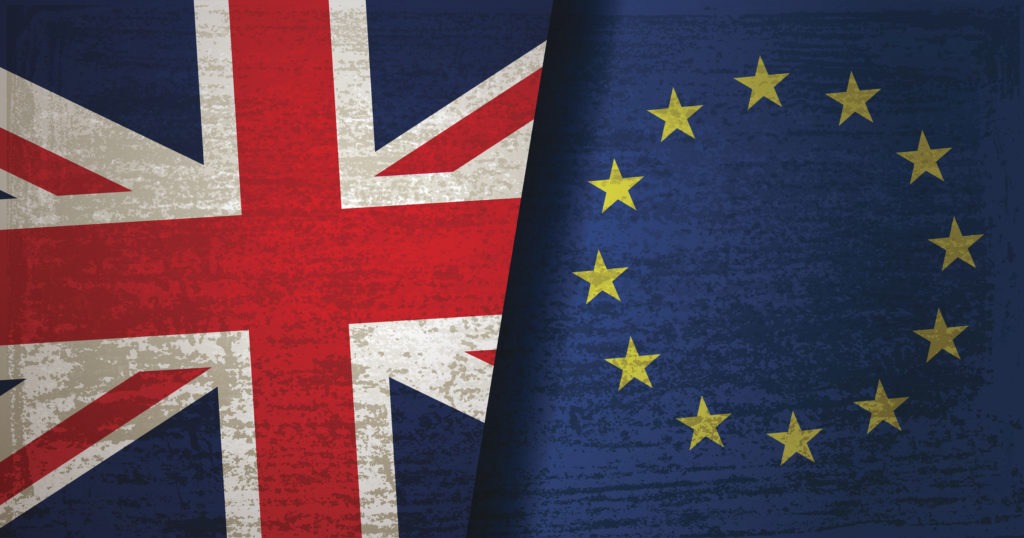Honda unable to absorb tariffs should Brexit achieve no free trade deal
13 November 2017

13 November 2017
Japanese vehicle manufacturer Honda has said that it cannot afford to absorb the 10% export tariff that would be imposed on UK-built cars if Britain didn’t reach a deal over free trade as part of its Brexit negotiations.
If no progress is made by the time the UK leaves the European Union in March 2019, the country would have to return to World Trade Organisation rules, meaning goods into and out of the continent would be subject to additional taxes. The statement is the latest from an automotive industry worried about the outcome of the situation when Brexit concludes.
′A 10% tariff would make our vehicles uncompetitive, and would impose costs we cannot afford to absorb,’ Honda said in a submission to the UK parliament’s business committee.
The company builds around 8% of the UK’s 1.7 million cars at its plant in Swindon. It has already said no deal after two years of talks would likely damage suppliers and disrupt output, adding it was discovering more cost and complexity as it examined the consequences of leaving the European customs union.
Investment in the UK automotive industry has fallen considerably since the UK voted to leave the EU in 2016. In that year, almost £1.7 billion (€1.9 billion) was invested in the automotive market, which was also down on 2015, when £2.5 billion (€2.8 billion) was put in. This was in part due to companies delaying their investments until after the EU referendum held in the country in June 2016. The figures, released by the SMMT, suggest that the total 2017 investment could total just £644 million (€733 million), a quarter of the amount invested two years ago and a sharper fall than many experts expected.
Honda has been vocal in its worries about the procedure, and has also said that any work on customs duty rules could divert funds from its research and development of low and zero-emission vehicles. ′Tying up capital in mitigating customs risk would reduce the amount of resource we could dedicate to introducing new hybrid and electric vehicles into the UK marketplace,’ it said.
Other submissions to the committee, from Ford, Vauxhall and the Society of Motor Manufacturers and Traders (SMMT), suggested that a transition period of ′at least two years’ was required to allow for preparation of new rules.
Ford, which makes engines in the UK that are largely shipped to its European plants for final assembly, warned about the future of its operations, saying that the extra costs implied by Brexit could ′negatively impact UK power-train manufacturing.’
In its submission, the company states: ′The Society of Motor Manufacturers and Traders (SMMT) calculated in November 2016 that the cost to the UK automotive industry would be £4.5 billion (€5 billion) tariff cost for cars alone. The SMMT calculates that this would equate to an average of £1,500 (€1,700) of duty cost to the list price of every car imported. Ford considers that this cost would either increase the cost of a vehicle, or reduce the choice available to the consumer – or possibly both.’
Vauxhall warned that without clarity on trading arrangements after that date, the firm would have to stockpile components to mitigate against any customs checks that would slow the movement of goods between Britain and the continent. ‘To protect our ‘Just-in-Time’ operations we would have to invest in warehousing to enable stocking of parts to accommodate any delay at the border,’ the company said in its submission.